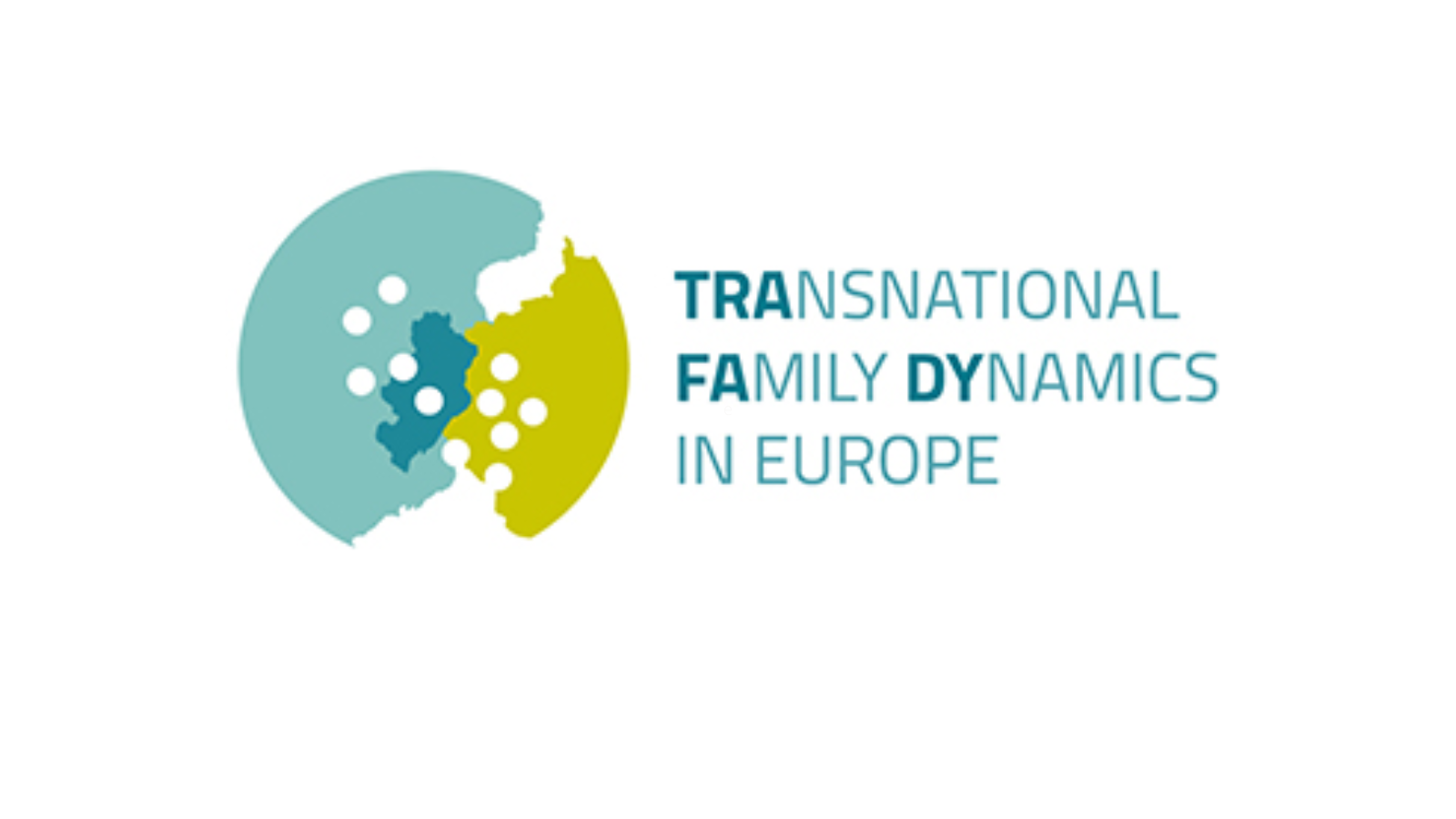COFACE is co-leading the Transnational Family Dynamics in Europe network’s policy group, which recently published a policy brief on the EU Pact on Migration and Asylum. It contributes to the ongoing debate on the EU Pact on Migration and Asylum (hereinafter ‘the Pact’), which was adopted in Spring 2024. The brief highlights the importance to take a comprehensive implementation approach that reflects family life, human rights and the rights of children. This needs to include migration-related issues such as the high cost of remittances, climate migration and diaspora engagement and to take into account sending, transit and receiving countries in terms of economic and social development. Generally, transnational families’ needs must be better understood and met. Policies must become more inclusive, ensuring that the entire family unit is catered for, leaving no one out.
Some key findings discussed in the Brief:
- The right to a family life is not sufficiently respected.
- Narrow and inconsistent Family Definition: The concept of (transnational) family is much wider than the nuclear family. But the latter remains the main pillar for the regulations in the Pact. Even though a wider approach of the family can be found in the pact, it does not correspond with any rights.
- Comprehensive approach needed: The Pact as well as the discussion on it are much less comprehensive than needed: Family reunification, for instance, does not fall within the remit of the new legislation. Furthermore, the impact of the family on the receiving society is paid too little attention.
- Inadequate Family Reunification Processes: Outdated and restrictive processes make it challenging for transnational families to unite, hindering integration and stability.
- Detrimental Detention Policies: The Pact’s reliance on detention for migrant families, including children,poses significant risks to mental and physical well-being, violating children’s rights.
- Lack of Integration Measures: Absence of structured support for migrant families’ integration (language learning, mental health services) reduces their potential to contribute positively to host communities.
- Insufficient Support for Vulnerable Migrants: Limited resources and processes to identify and assist vulnerable migrants, particularly those with mental health needs, increase risks of exploitation and neglect.
While TraFaDy Working Group 6 is responsible for formulating, this policy brief is the outcome of several meetings and discussions with researchers and members from all working groups as well as various external stakeholders and researchers. Major cornerstones of the policy brief are the presentations and exchanges, with meetings in Berlin (2023, see report), Cluj (2024 – in cooperation with MITRA, see report) and Lisbon IMISCOE conference 2024).
Read the full policy brief here.
For more information please contact Attila Böhm, Senior Policy and Advocacy Officer Social and Employment Rights at COFACE.





